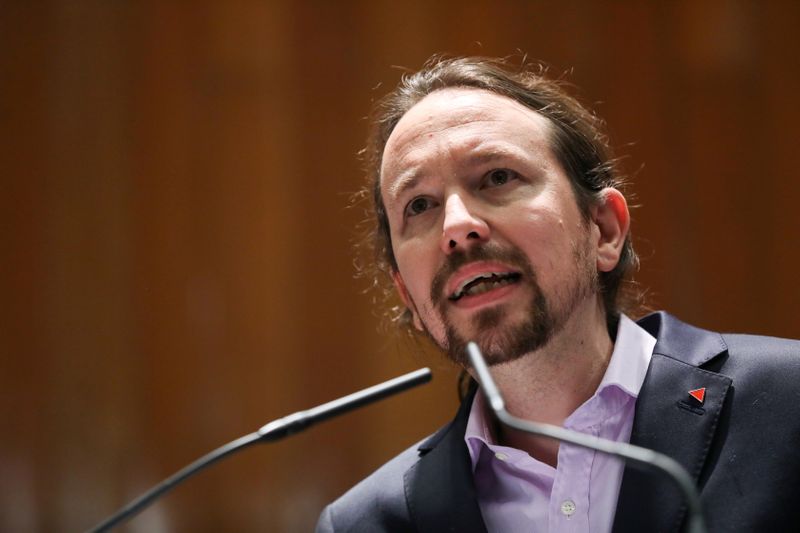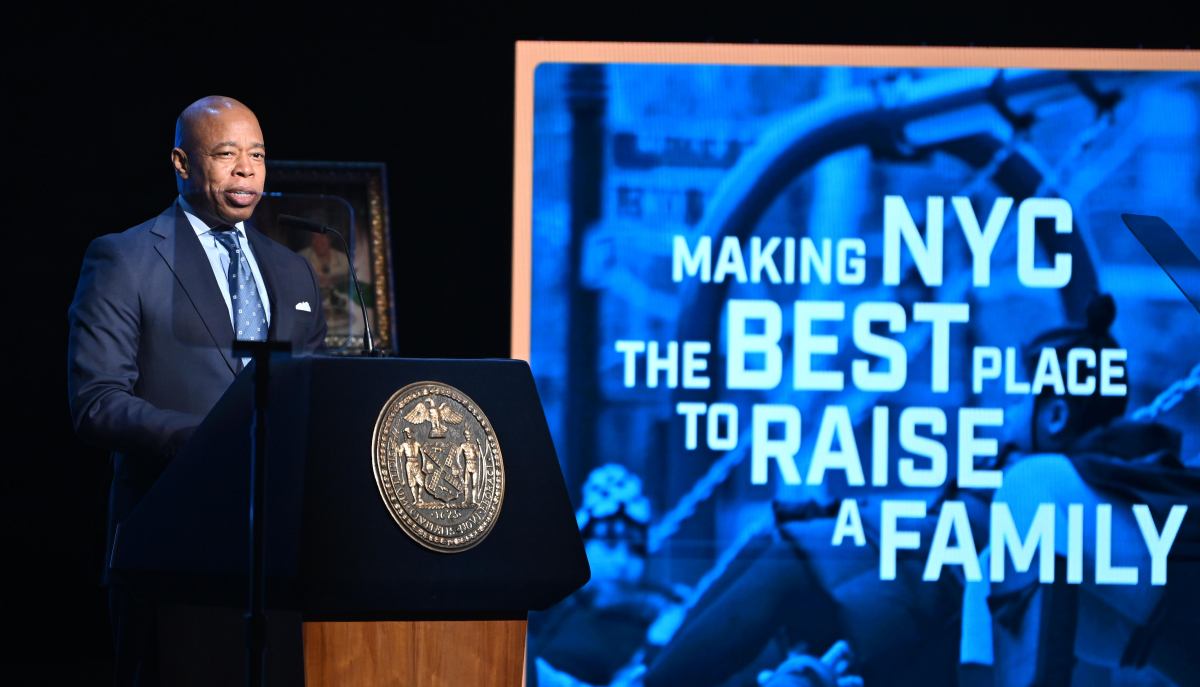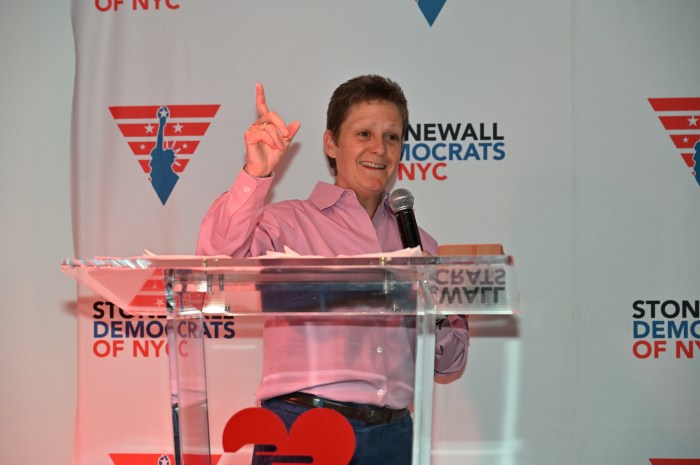(Corrects spelling error of Podemos in para 6)
MADRID (Reuters) – Pony-tailed Spanish politician Pablo Iglesias abruptly retired from politics on Tuesday night, a month after stepping down from his post as deputy prime minister of the central government.
The 42-year-old founder of the leftist Podemos party made a surprise move a few weeks ago to run in the capital region’s elections, which ended in a landslide victory for conservative candidate Isabel Díaz Ayuso on Tuesday night.
“I’m leaving all party politics … I won’t be an obstacle for the renewal of leadership our political force needs,” Iglesias told reporters late on Tuesday after learning the results, which he described as a tragedy.
“We have failed,” he said.
Although Iglesias had already announced he would not run for prime minister in the next national elections, due in 2023, this announcement precipitates his departure from Spanish politics, which he helped transform in the last decade.
Iglesias founded Podemos in January 2014 to rally the vote of Spaniards outraged by austerity measures imposed following the 2008 financial crisis.
In May 2014 he won a seat as an member of the European Parliament, and then his political rise was meteoric.
Podemos broke the two-party dynamic in Spain – where the Socialists and conservatives of the People’s Party have alternated since the 1980s – paving the way for other minority parties to gain footholds in Spain’s parliament.
In 2016, Iglesias achieved his best result after creating an alliance of left-wing parties called Unidas Podemos, which won a share of votes that brought them hot on the heels of the historical Socialist party.
But Iglesias’ radical vision of a progressive overtaking of the mainstream leftwing never fully materialised, and in 2019 his failure to reach an agreement with Spanish Prime Minister Pedro Sanchez forced a repeat election.
Eventually, Podemos and the Socialists formed Spain’s first coalition government – but a year and a half on, having announced his retirement, Iglesias has tapped Labour minister, Yolanda Díaz, as his successor.
(This story corrects spelling error of Podemos in para 6)
(Reporting by Clara-Laeila Laudette and Belén Carreño; Editing by Karishma Singh)
























